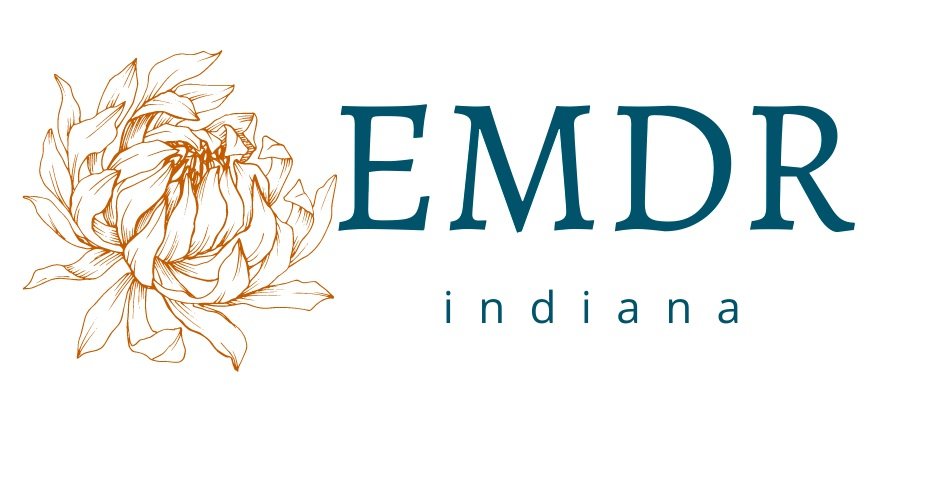
Empowerment Therapy
Personal Empowerment Therapy
Liberate Yourself from Codependency.
Cultivate Vibrant Attachments.
Embrace Your Authentic Essence.
Embrace Your Unlimited Potential.
Codependency, attachment issues, and low empowerment strain relationships, limit success, trigger self-sabotage, heighten insecurity, and lead to paralysis. Each of these challenges manifests uniquely, requiring a tailored therapeutic approach.
Codependency vs. Attachment Issues vs. Empowerment
Codependency is a relational pattern where individuals overly rely on others for approval and a sense of identity, often sacrificing their own needs and well-being. Therapy can help individuals recognize and address these patterns, fostering healthier, more autonomous connections.
Codependency
Attachment issues arise from early relationships and influence how individuals form and maintain connections later in life. These issues can manifest as difficulty trusting others, fear of intimacy, or an excessive need for closeness, leading to challenges in developing healthy, secure relationships. Therapy aims to identify and heal these underlying patterns, helping clients build stronger, more secure emotional bonds.
Attachment
Empowerment issues like indecision, perfectionism, and insecurity can stall professionals, entrepreneurs, and creatives, causing mental and creative blocks. Empowerment therapy aims to overcome these barriers, boosting confidence and unlocking potential for better decision-making and innovation, helping those in demanding and creative roles achieve their full potential.
Empowerment
Step Into Your Power.
FAQs
What is codependence?
Codependency is a term that encompasses a broad range of relationship dynamics, often characterized by a deep-seated pattern of putting others' needs ahead of one's own or attempting to control the emotional climate of a relationship to feel secure. Manifestations of codependency can vary widely, from supporting a partner's unhealthy habits to struggling with setting personal boundaries in social settings. At times, it might simply mean acquiescing to others' preferences, even when it contradicts one's own needs or desires. This dynamic can lead to challenges in maintaining balanced and fulfilling relationships, as it may limit personal growth and self-awareness. Therapy offers a supportive space to explore these patterns, encouraging the development of healthier boundaries and a stronger sense of individual identity, enhancing both personal and relational well-being. Recognizing codependent tendencies is not an indication of personal failure; rather, it reflects a profound capacity for empathy and, often, a challenge in distinguishing one's own needs from those of others.
What do you mean by attachment issues?
Attachment theory delves into the impact of early caregiver relationships on interpersonal dynamics in adulthood, categorizing them into four distinct attachment styles.
Secure Attachment- Individuals with a secure attachment style form healthy, trusting relationships easily. They are comfortable with intimacy and independence, balancing both in their connections.
Anxious Attachment- Those with an anxious attachment style often fear abandonment and may exhibit heightened emotional responses. They seek close, intense relationships but may struggle with insecurity.
Avoidant Attachment- Avoidant attachment is marked by a strong preference for independence, often distancing from emotional closeness to protect oneself from vulnerability. Individuals may shy away from deep connections.
Disorganized Attachment- Characterized by inconsistency and confusion, disorganized attachment stems from past traumas or unstable early relationships. It leads to difficulties in forming secure, predictable relationships.
Understanding these attachment styles can illuminate personal and relational patterns and guide the journey toward healthier, more fulfilling connections.
How would empowerment therapy help me?
Empowerment and confidence serve as cornerstones for confronting life's challenges with resilience and poise. By nurturing self-awareness and leveraging personal strengths, individuals are equipped to realize their full potential, engage in decisive action, and establish meaningful connections. Our therapeutic approach is dedicated to cultivating these critical attributes, enabling clients to lead lives marked by authenticity and confidence, thereby facilitating a path toward comprehensive personal development and enhanced well-being.
How many sessions will I need?
The number of therapy sessions one needs is highly individualized, depending on the person's specific goals and the severity of their symptoms. Certain concerns may be addressed relatively quickly, while more complex issues require a more extended period of dedicated attention. A client might opt for intermittent sessions of IFS-Informed EMDR to address various therapeutic objectives or may focus on processing a single traumatic event. In every scenario, I am committed to crafting a customized treatment plan that aligns with the individual's unique needs.
I engage in regular evaluations of clients’ progress, making necessary adjustments to the frequency of sessions to best support their journey. It is imperative to emphasize that the pace of therapy is always adjusted to match the person's level of comfort and readiness, ensuring they feel neither pressured nor delayed in their path toward healing. This approach guarantees a therapeutic experience that is both effective and respectful of the individual's pace, facilitating meaningful and sustainable progress.
How do I get started?
To initiate the process, please feel free to contact me through email, text message, or a phone call. I am available to address any inquiries you may have and to arrange your initial consultation. Relief and healing are accessible, and I am committed to facilitating your path towards them. Do not hesitate to pose any questions you might have – your confidence and safety throughout this therapeutic journey are paramount to me. I eagerly anticipate the opportunity to connect with you in the near future.

